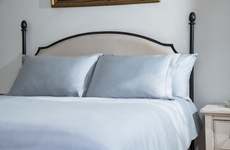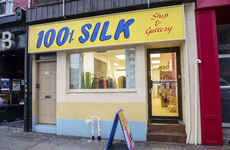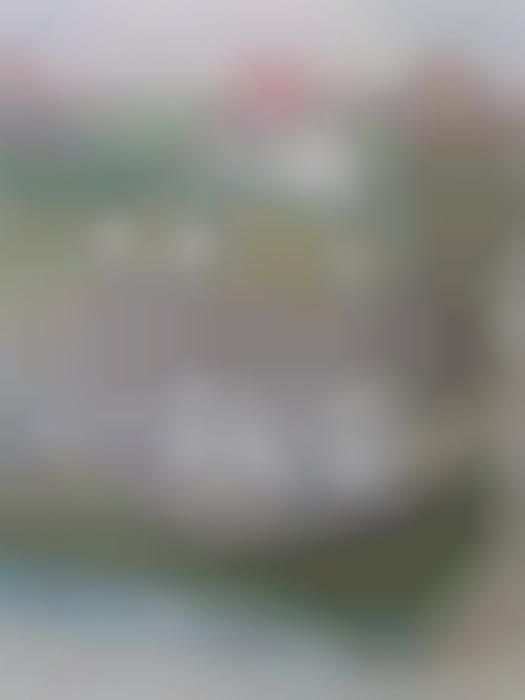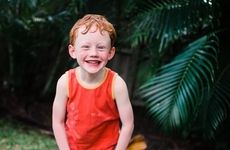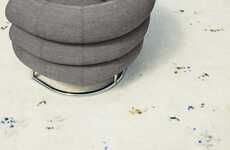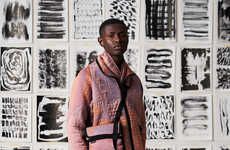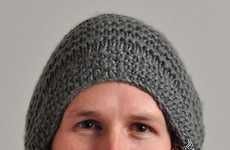
Original Design Patterns on Eco Fabrics by Repeat Studio
Katie Cordrey — September 21, 2009 — Eco
References: etsy & craftingagreenworld
Ontario-based Repeat Studio creates colorful textiles using organic or eco-friendly base cloth fabrics like hemp and cotton blends or linen. The original designs are printed using solvent-free environmentally-friendly ink and heat set to prevent fading and bleeding when washed.
The studio is powered by two artist/designers, Roisin Fagan of London and Arounna Khounnoraj from Toronto, who first met at a craft show in Toronto.
Repeat Studio fabrics can be purchased online from the studio's Etsy shop.
Images: Repeat Studio
Implications - The linen fabric used in the textiles share a lot of qualities with hemp, requiring little water and pesticides to grow, and thriving in poor soil as they are spun from flax plant fibers. What makes the plants an even greater candidate is their natural resistance to monoculture, which is generally responsible for soil degradation.
The studio is powered by two artist/designers, Roisin Fagan of London and Arounna Khounnoraj from Toronto, who first met at a craft show in Toronto.
Repeat Studio fabrics can be purchased online from the studio's Etsy shop.
Images: Repeat Studio
Implications - The linen fabric used in the textiles share a lot of qualities with hemp, requiring little water and pesticides to grow, and thriving in poor soil as they are spun from flax plant fibers. What makes the plants an even greater candidate is their natural resistance to monoculture, which is generally responsible for soil degradation.
Trend Themes
1. Eco-friendly Fabrics - Opportunity for businesses to develop and market eco-friendly fabrics made from organic materials, such as hemp and cotton blends or linen, using solvent-free ink.
2. Original Design Patterns - Demand for unique and original design patterns on textiles, creating opportunities for artists and designers to showcase their creativity.
3. Sustainable Textile Production - Growing interest in textiles produced using environmentally-friendly methods, leading to potential innovation in heat-setting techniques to prevent fading and bleeding when washed.
Industry Implications
1. Textile Manufacturing - Disruptive innovation opportunity lies in developing and manufacturing eco-friendly fabrics using organic or eco-friendly base cloth materials like hemp, cotton blends, and linen.
2. Art and Design - Opportunity for artists and designers to capitalize on the demand for unique and original design patterns on textiles, like those created by Repeat Studio.
3. E-commerce - With more consumers shopping online, there is an opportunity to create and promote online platforms, such as Etsy shops, for the sale of eco-friendly and sustainably produced textiles.
1.7
Score
Popularity
Activity
Freshness



